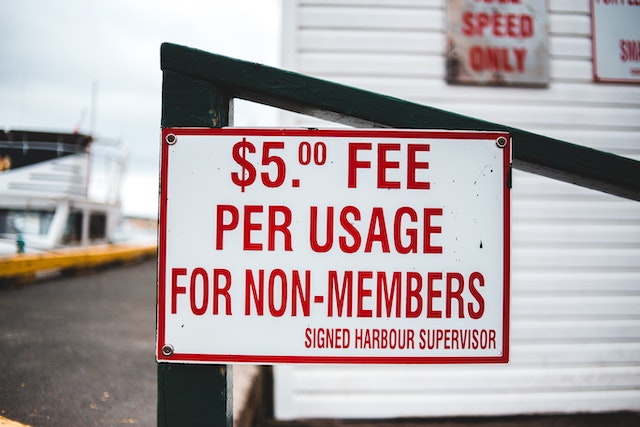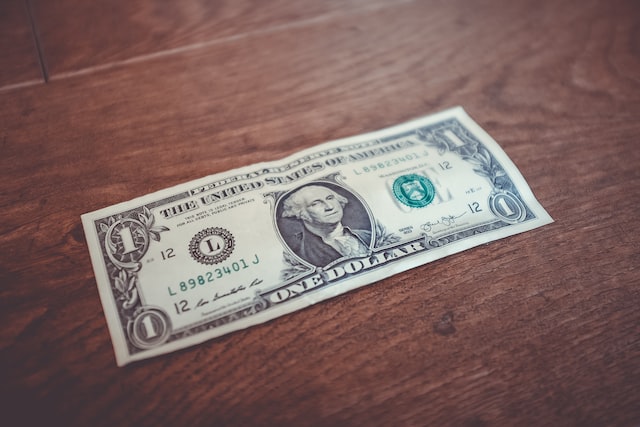In this blog, I’m going to share 9 credit card tips students must know to avoid getting buried in credit card debt.
As you’re strolling through campus and trying to get to your next class, you notice a table with a line of people with blank stares and smiles.
You notice a sign that says “free t-shirts.”
Looking at your watch to see how much time you have before class starts, you notice that you have about fifteen minutes, so you decide to stop by the table to see how you can get a “free t-shirt”.
A man with an untailored suit tells you all you have to do is sign a piece of paper, and in addition to the “free t-shirt,” you will also qualify for a credit card with a $1000 limit.
You quickly sign because you could use the $1000; after all, you don’t have a job, and you want to go on a spring break trip with your new friends this year.
Thirty days later, you get a letter saying that you owe a minimum balance, but you don’t recall the guy in the untailored suit saying that you had to pay the money back, because after all, you told him that you don’t have a job?
This scenario represents how predatory credit card companies go to campuses across America to influence their “uneducated prey” to take on debt to keep them in business.
I’m going to share some tips that I and others wish we’d known before signing over our “freedom”.
#1) Always Pay In Full

There are two types of borrowers:
- Dead-Beats: Responsible adults that pay off their balance in FULL at the end of each month.
- Revolvers: Financially unstable and irresponsible adults that carry a balance over into the next month while making minimum payments.
Banks love revolvers because they carry over a balance every month, which accumulates interest that allows the banks to have peace of mind that they will stay in business.
#2) Choose A Low-Interest Rate Credit Card

One thing you will want to check out with a low-interest credit card is the interest rate once the introductory period is up.
#3) Never Pay Annual Fees

There are many options for a good credit card that doesn’t charge annual fees. This is only justifiable if you are getting really good travel perks ( And I mean really good) or because you have really poor credit.
#4) Use Your Credit Wisely

Never take out a credit card to buy wants (vacations, electronics, Starbucks, etc.) unless you have the means to pay it off in FULL at the end of the month.
#5) Know Your Limit

If you can safely pay off $1000 a month, don’t ask for a credit increase for an amount that would be difficult to pay in more than twelve months.
#6) Watch Your Credit Utilization

Try not to use more than 30% of your credit limit; the more you utilize, the more at risk you are of lowering your credit score.
#7) Always Pay More Than The Minimum

Always pay more than the minimum payment; not doing so will cost you way more interest in the long run.
#8) Protect Your Identity

Protect your identity using secure networks, creating difficult passwords, and always shredding documents with your account information.
#9) Spend Responsibly

Spend responsibly! A credit card is a great way to build excellent credit or create poor spending habits.
As you begin your financial life journey, the best advice I can ever give you is, “don’t become a negative statistic”! You now have the tools to make better choices than the rest of us did.
Other Ways I Can Help You:
- Subscribe to my podcast at Build Young Grow Wealthy on your favorite platform
- Join my e-mail community for exclusive tips, news, and more!
- Connect with me on LinkedIn at Willita Cherie